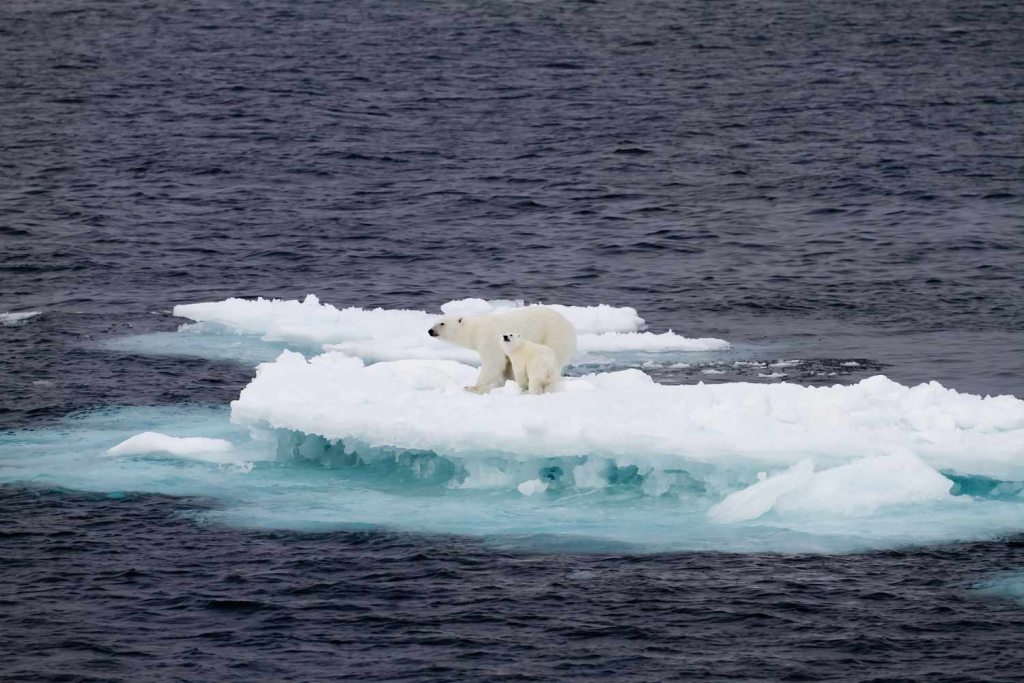
Climate change is increasingly becoming a significant threat to animal ecosystems around the world. Rising temperatures, shifting weather patterns, and extreme weather events are altering habitats, forcing many species to adapt, migrate, or face extinction.
One of the most visible impacts is on polar regions, where the melting of ice is drastically affecting species like polar bears and penguins. These animals rely on ice for hunting and breeding, and as it disappears, so does their ability to survive. Similarly, marine ecosystems are facing challenges as ocean temperatures rise. Coral reefs, which are home to a quarter of all marine species, are bleaching and dying at unprecedented rates due to warmer waters.
On land, animals are also feeling the effects of climate change. Forests are experiencing more frequent and intense wildfires, which destroy habitats and force species like koalas and kangaroos to flee or perish. Additionally, altered rainfall patterns are impacting water availability in many regions, affecting species that depend on specific water sources.
The ripple effects of these changes can lead to a decline in biodiversity, disrupt food chains, and cause imbalances in ecosystems. Conservation efforts are critical in mitigating these impacts, but as climate change continues to accelerate, the future of many animal species remains uncertain. Without urgent action to address climate change, the world may witness a significant loss of wildlife and the ecosystems they support.